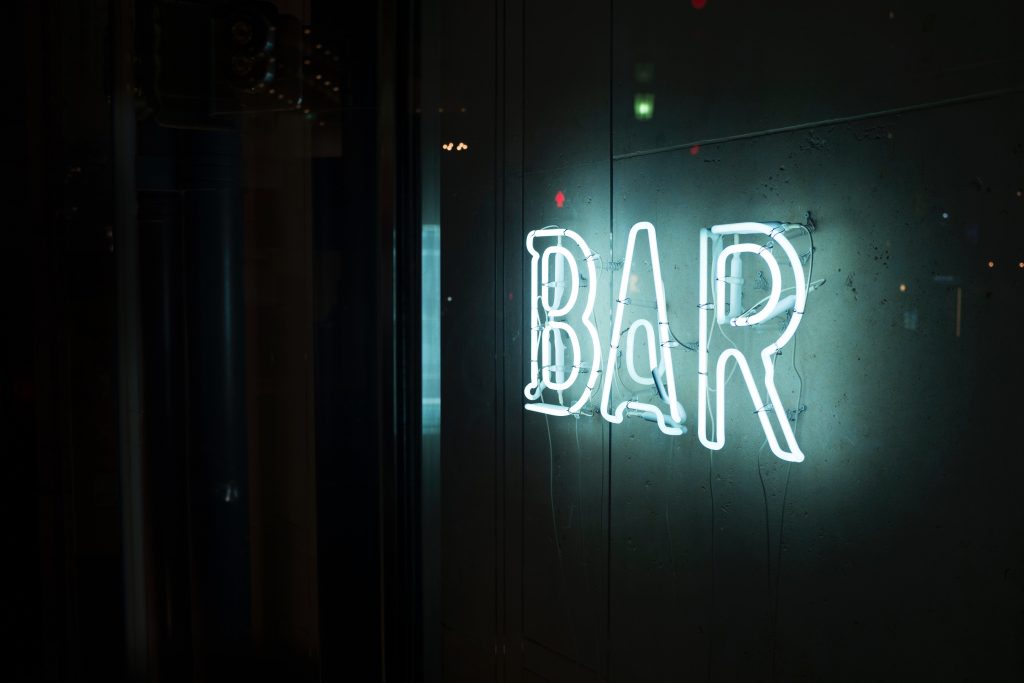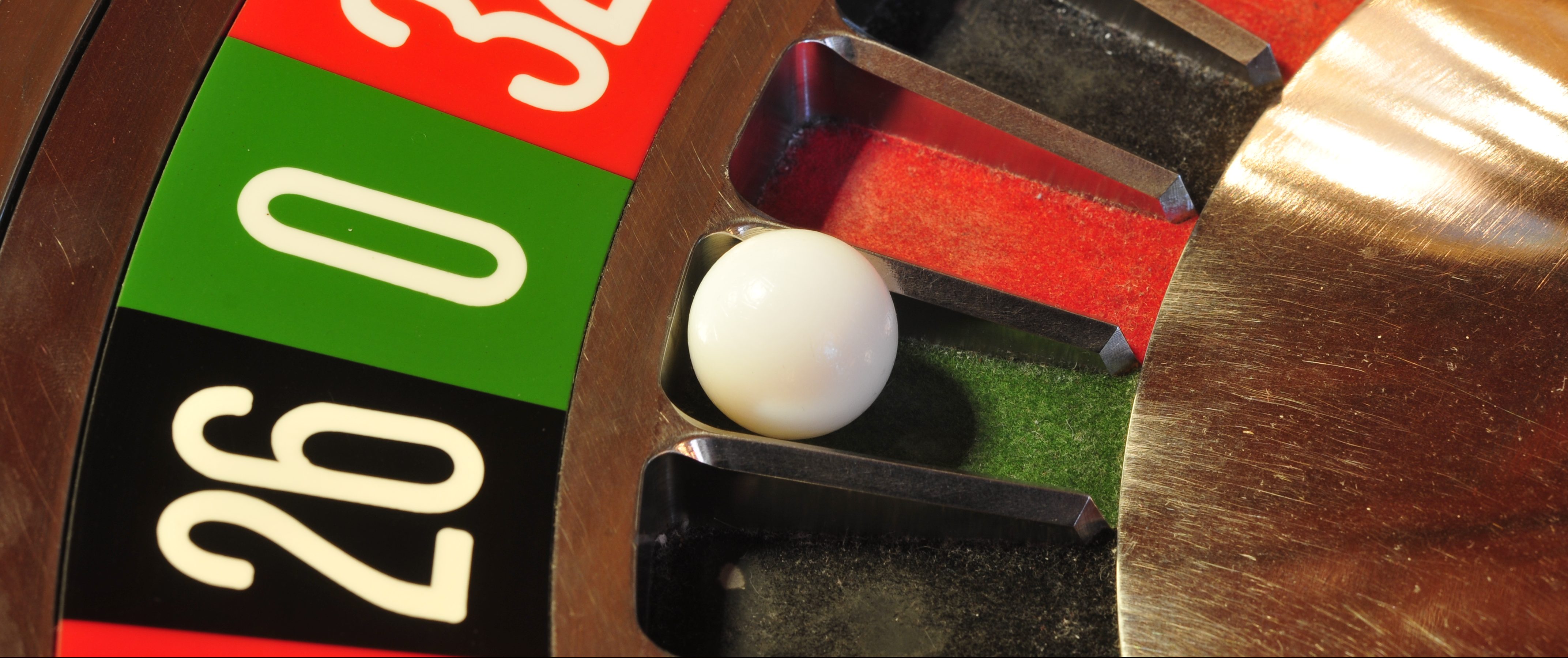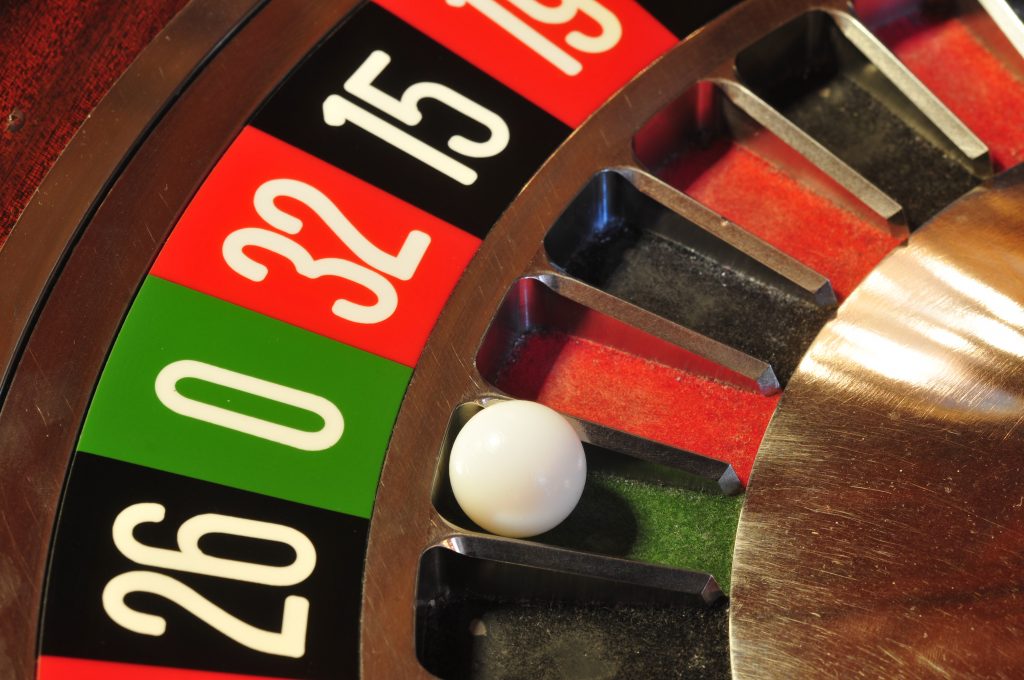AR Cities Weigh Public Drinking Districts

Last week Arkansas Business reported several cities in Arkansas are weighing whether or not to legalize public drinking in certain parts of town.
Earlier this year the Arkansas Legislature passed Act 812 by Sen. Trent Garner (R – El Dorado) and Rep. Sonia Barker (R – Smackover). The new law — which takes effect July 24 — lets cities create “entertainment districts” where alcohol can be carried and consumed publicly on streets and sidewalks.
Currently, this kind of behavior is illegal under Arkansas law.
According to the article, Little Rock, Texarkana, El Dorado, and Pine Bluff are considering the issue of public drinking in one way or another.
Mountain Home also is actively considering a proposal that would legalize public drinking on streets and sidewalks throughout most of its downtown.
As we keep saying, letting people drink on city streets and sidewalks won’t improve the economy in our communities.
Public drinking raises serious concerns about public safety.
Cities like Memphis and New Orleans have had significant problems with violence in their entertainment districts.
These districts also raise serious concerns about drunk driving in our communities.
Arkansas’ cities and towns need to think twice before embracing public drinking — and the problems that come with it.





